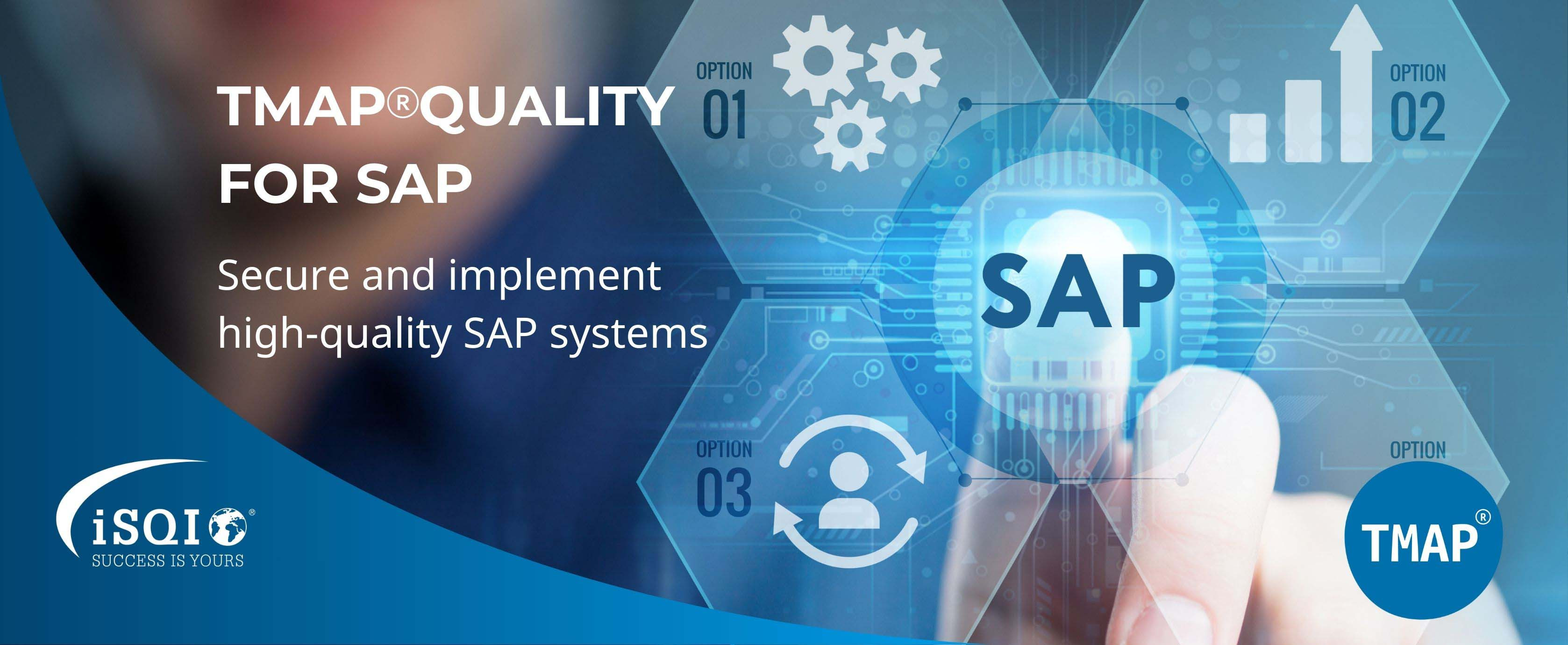Industry 4.0 and digitalization are transforming business, technological and employment landscapes and driving an even greater need for skilled professionals. Boosting your credentials, underpinned by solid experience, can help you succeed in the job market both today and in the future. Organizations who invest in skills development will not only motivate and retain talent but see improved business agility and more innovation and value creation for their customers.
Certifying with iSQI means certifying for success!
Our reputation for integrity, validity and fairness has earned us trust from thousands of individuals, organizations and training providers around the world who value reliable and independent validation and assessment.
iSQI for Individuals
iSQI supports professionals at all stages of their careers with a broad range of internationally recognized certifications.
With foundation, advanced, expert and specialist certifications, iSQI helps professionals maximise their career goals as well as stay up to date and aligned with global standards.
We provide maximum flexibility with our exam delivery options with the choice of test centre (Pearson VUE), public or FLEX (remote proctored) exams. Registration is quick and easy and results are available timeously.
iSQI examinations are supported by a global network of accredited training providers whose expertise in education assists professionals in enhancing their knowledge and skills. You can browse training provider courses (classroom, virtual and e-learning). Free syllabi and practice (mock) exams are also available to download.
iSQI for Organizations
iSQI offers group exams at your preferred location, after self-study or in house training. Exams can be paper or online (FLEX) with a fully trained iSQI proctor.
We can assist organizations to develop and implement innovative assessment solutions for their teams.
If your company plans to take exams on a regular basis we can offer a partner contract with potential preferred pricing and an account manager to support you.
iSQI for Training Providers
iSQI is the preferred partner of training providers, universities and educational institutions around the world. Collaboration with iSQI offers both individuals and organisations reassurance of the highest standards in curriculum and assessment, with globally recognized certifications and flexible exam options.
Test center (Pearson VUE), public or FLEX (remote proctored) exams are available with an uncomplicated ordering system, easy registration, efficient fulfilment and quick results. iSQI proctors are fully trained to ensure that your candidates are in capable hands.
Training providers can offer their courses in our Marketplace, guaranteeing global visibility and multiple booking options for their customers.
Our account managers will provide support to assist the launch of your iSQI certification training. We are always available to help with training materials or guide you towards accreditation.
Whether you are an existing or new partner, or an organization or individual seeking certification, our team is always delighted to discuss your requirements!






